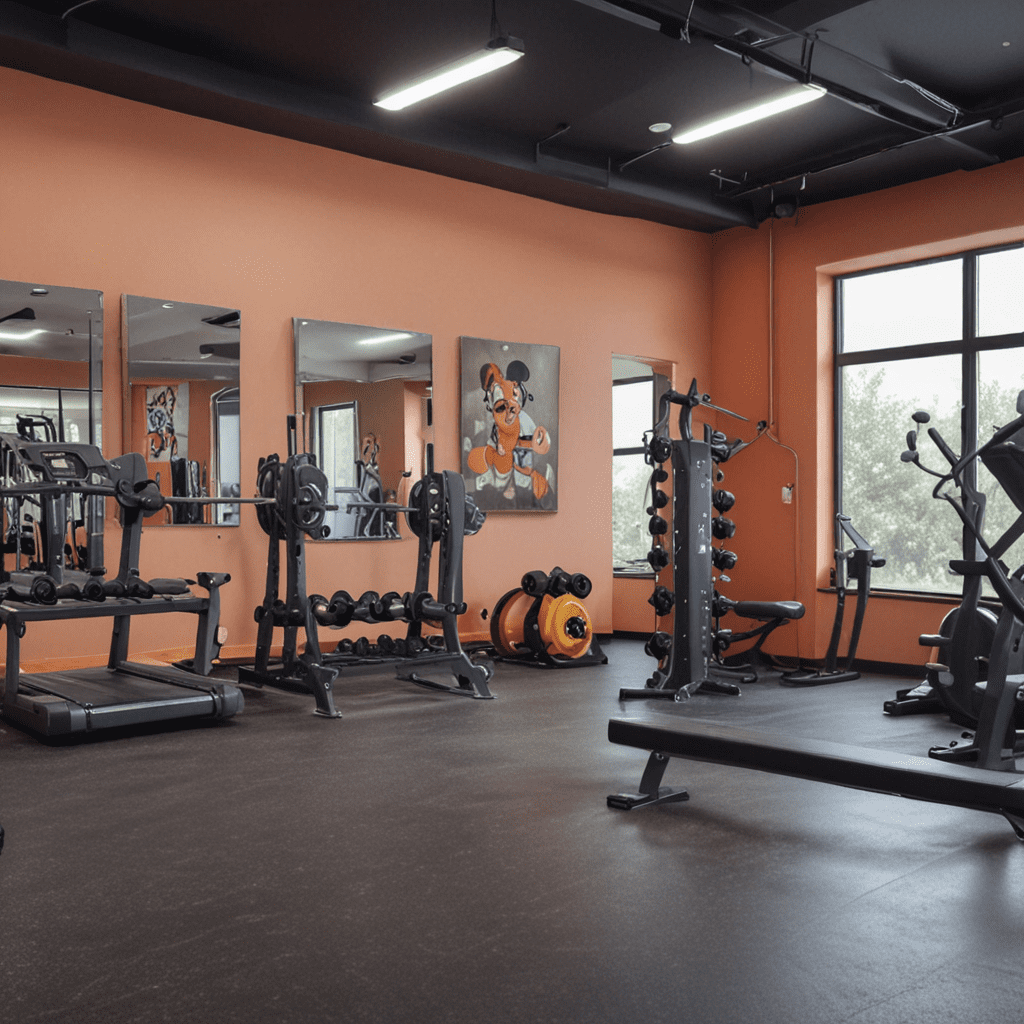
The Real Reasons You Aren’t Crushing Heavy Squats
As a fitness enthusiast, you’ve probably experienced the frustration of not being able to squat heavy weights. Despite putting in the effort and dedication, you may find yourself hitting a plateau or struggling to increase your squat weight. In this article, we will explore some common reasons why you may find it challenging to squat heavy and provide valuable insights to help you overcome these obstacles.
1. Lack of Proper Technique and Form
One of the most critical factors in performing heavy squats is mastering the correct technique and form. Squatting heavy weight requires a solid foundation, including proper foot placement, posture, and hip and knee alignment. Failing to maintain proper form not only limits your ability to lift heavy but also increases the risk of injury. Consider working with a qualified trainer or coach who can assess your form and provide guidance on how to improve it.
2. Insufficient Mobility and Flexibility
Mobility and flexibility play a vital role in executing a deep squat with heavy weights. Limited ankle, hip, or thoracic spine mobility can negatively impact your squatting ability. Spending time on mobility exercises and stretches specific to your limitations can help address these weaknesses. Additionally, performing warm-up sets with lighter weights can help prepare your body for the demands of heavy squats.
3. Weak Core and Postural Muscles
Your core and postural muscles provide stability and support during squat movements. A weak core can lead to a breakdown in form, making it challenging to lift heavy weights safely. Incorporating exercises that target your core, such as planks, Russian twists, and weighted carries, can help strengthen these muscles and improve your squat performance.
4. Inadequate Strength and Muscular Imbalances
To squat heavy, you need both strength and balanced muscle development. If specific muscle groups, such as the glutes, hamstrings, or quadriceps, are weaker than others, it can hinder your overall strength and limit your squatting potential. Implementing compound exercises that target these muscles, such as deadlifts, lunges, and Bulgarian split squats, can help address any imbalances and improve your overall strength.
5. Mental Barriers and Fear
The psychological aspect of lifting heavy weights should not be underestimated. Fear, doubt, and a negative mindset can become significant barriers to squatting heavy. Building confidence and mental resilience is crucial. Setting achievable goals, visualizing success, and practicing positive self-talk can help you overcome these mental barriers and push through your limits.
6. Inconsistent Training and Recovery
Consistency is key when it comes to making progress in strength training. If your squatting routine is sporadic or lacks structure, it can hinder your ability to lift heavier weights. Additionally, inadequate rest and recovery can impede muscle growth and lead to fatigue or burnout. Aim for a well-designed training program that includes progressive overload and incorporates rest days for optimal recovery.
FAQ
Q: Is it normal to struggle with heavy squats?
A: Yes, it is common to face challenges when squatting heavy weights, especially if you are relatively new to strength training or have specific weaknesses. The key is to identify the underlying reasons and work on addressing them through proper technique, mobility exercises, strength training, mental preparation, and consistent training.
Q: How long does it take to squat heavy?
A: The timeline for squatting heavy weights varies depending on several factors, including your current strength level, training consistency, and individual attributes. With proper training, it is possible to make significant progress within a few months to a year. However, it’s essential to prioritize long-term progress and safety over quick results.
Q: Should I use a weightlifting belt for heavy squats?
A: While weightlifting belts can provide support and stability during heavy squats, they should not be solely relied upon. It is crucial to focus on developing core strength and proper technique before incorporating a weightlifting belt. Additionally, consulting a qualified trainer or coach can help determine if using a weightlifting belt is necessary for your specific situation.
Q: Can I squat heavy without a spotter?
A: Squatting heavy without a spotter is possible and commonly done in many training scenarios. However, it is important to prioritize safety. Utilizing safety equipment such as squat racks or performing exercises like box squats that minimize the risk of injury can provide added security when lifting heavy without a spotter.
Q: How often should I squat heavy?
A: The frequency of heavy squatting depends on individual factors such as training experience, recovery capacity, and overall program design. In general, incorporating heavy squats into your routine once or twice per week, with adequate rest days in between, can provide sufficient stimulus for strength gains while allowing for proper recovery. It is recommended to tailor the frequency to your specific needs and consult a fitness professional if unsure.
Q: Should I focus on squatting heavy all the time?
A: While the goal of squatting heavy weights can be motivating, it is essential to have a well-rounded program that includes variations, different rep ranges, and accessory exercises targeting specific weaknesses. This comprehensive approach helps avoid plateauing, reduces the risk of overuse injuries, and promotes balanced muscle development.
By addressing these common reasons why individuals may struggle to squat heavy, you can take the necessary steps to improve your performance. Remember, progress takes time, patience, and a holistic approach to strength training. Stay consistent, listen to your body, and never be afraid to seek guidance from qualified professionals.

